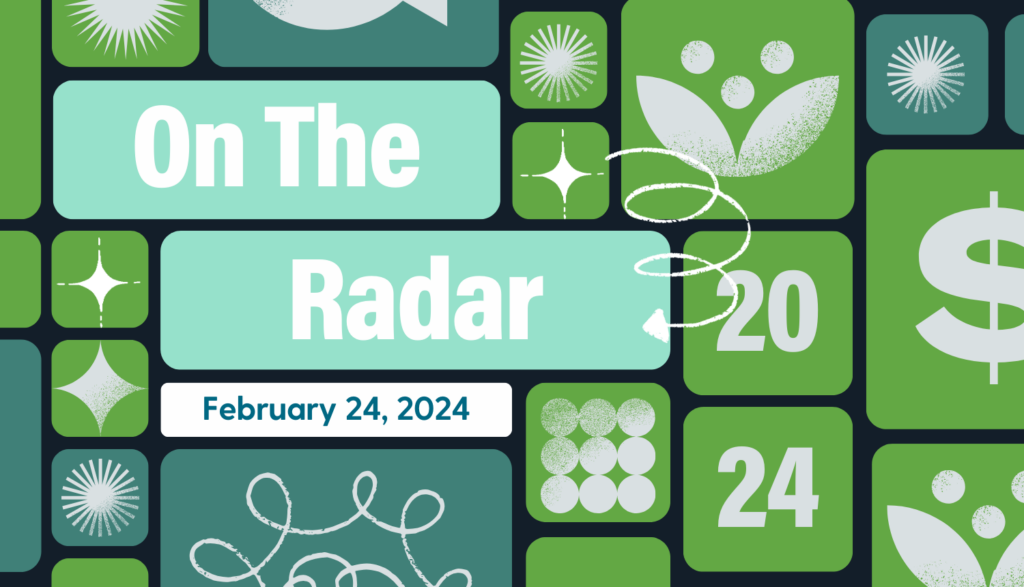‘Wizz’ Is Given a Parental Warning
What? Wizz is a Tinder-like app designed for teens that was removed from Apple’s and Google’s app stores in January after the National Center on Sexual Exploitation raised concerns about the app’s potential to be used for sextortion and other online safety issues.
So What? Wizz has returned to Apple (though it’s yet to appear in Google’s store) after the company implemented and demonstrated several changes related to child safety.
Now What? Although Wizz officials say they want to create a “safe space” for teenagers to meet new friends and communicate online, its new safety features aren’t perfect. The age verification process can be easily fooled. And the app’s design allows users to feature their other social media profiles, meaning a potential extortionist could victimize them via those other social media accounts. So Cybertip.ca (a Canadian watchdog for child exploitation) still recommends “parents consider removing Wizz from devices.”
FBI Warns That Teen Boys Are the Most Common Victims of ‘Sextortion’
What? “Sextortion” is where adults pose as teenagers online in an attempt to entice victims into engaging in explicit activity. They secretly record these interactions, and then they later extort their victims for money under threat of posting the recorded content online.
So What? The FBI has warned parents, caregivers and teenagers that teenage boys between the ages of 14 and 17 years old are the most common victims of this type of exploitation. Additionally, “these crimes can lead victims to self-harm and have led to suicide.”
Now What? Financially motivated sextortion is a criminal act, and reporting it can help prevent others from becoming victims. But it could also help to talk to your kids about these types of scams before it happens. Often, teenagers feel that they could spot a scammer—and sometimes that’s true. However, according to FBI agent Robert M. Dewitt, “perpetrators understand how to manipulate and communicate with our kids. … It’s their full-time job.”
More Than 70% of Teenagers Do Not Get Enough Sleep
What? Research shows that more than 70% of teenagers do not get enough sleep during the week. And 30-40% get less than six hours of sleep each night.
So What? When children don’t get enough sleep—whether it be from stress, biological changes, hectic schedules or even their own propensity to stay up late on the weekends (thus creating a “jet lag” effect come Monday morning)—it can harm their physical health, mental wellbeing and even academics.
Now What? Parents should be advised that kids between the ages of 6 and 12 need 9 to 12 hours of sleep each night, according to experts. And teenagers need 8 to 10. Empower your kids to take control of their own sleep habits by helping them understand that poor rest impacts their well-being. And guide them towards healthier practices: establish a consistent sleep schedule; create a soothing sleep experience by ensuring the room is dark, quiet and at a comfortable temperature; encourage them to avoid caffeine and heartburn-inducing foods before bed; and cut off screen time at least an hour before heading to sleep.







2 Responses
Good article. Thanks for publishing this.
Good article.